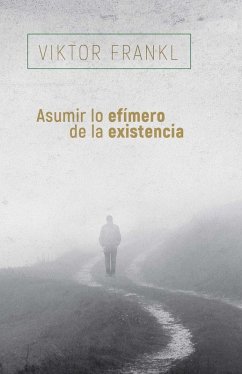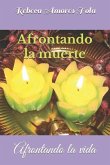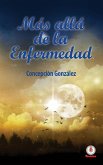This brief unpublished text shows the most human side of Viktor Frankl and invites us to deal with death as a horizon that, far from paralyzing us, must serve to increase our possibilities of being. After surviving concentration camps in World War II, Auschwitz among them, finitude and suffering were a constant matter of existential and philosophical concern for Viktor Frankl. In the famous conference included in this volume, given in 1984 in Dornbirn (Austria), the reader is faced with some of the great questions that every human being has ever asked himself: the meaning of our life, how to deal with pain, for what to help (or not) our fellow human beings, the course of life and aging and, above all, how to stand up to our inevitable end. If death is just an end point of the continuous saying goodbye, it is urgent to learn to say goodbye. Even more so in a society and a time in which the value of what does not expire prevails, of what remains unchanged over time: of what never dies.
Hinweis: Dieser Artikel kann nur an eine deutsche Lieferadresse ausgeliefert werden.
Hinweis: Dieser Artikel kann nur an eine deutsche Lieferadresse ausgeliefert werden.








